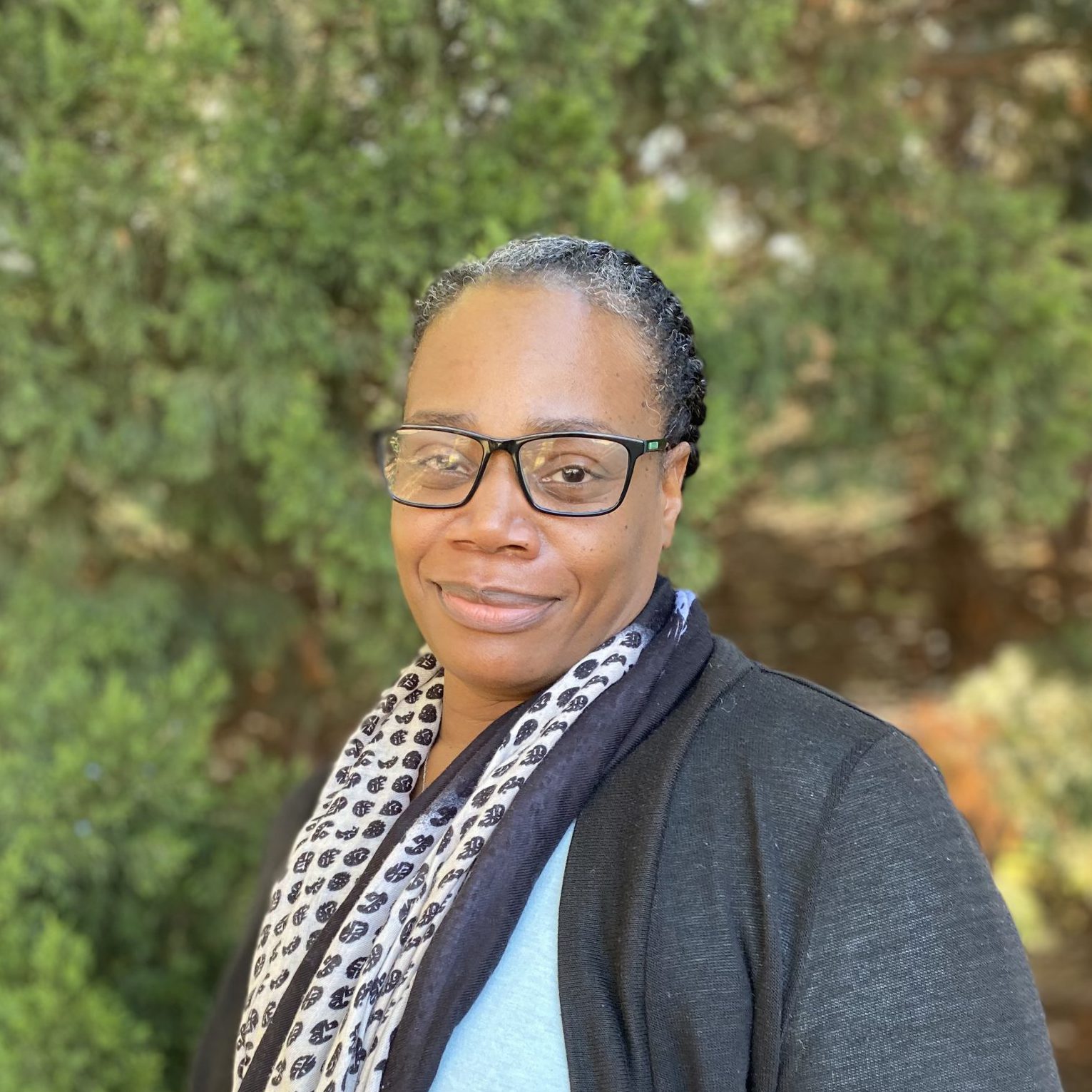Juneteenth (short for June Nineteenth), which commemorates the end of slavery in this country, is considered one of the longest-running African American holidays. It was officially declared a federal holiday in 2021.
What Juneteenth Means
This year’s holiday celebrations will take place June 17-20, 2022. Red foods are a prominent feature of the traditional Juneteenth menu, with favorites like red BBQ sauce, red soda pop, red beans and rice, and red velvet cake. The color red is associated with African cultures, particularly Yoruba and Kongo, whose people were kidnapped and enslaved. These cultures place great philosophical and spiritual value on the color red, which symbolizes sacrifice, transition, and power.
The Juneteenth celebration traces its roots to General Granger’s arrival in Galveston, Texas after the end of the Civil War, which signaled freedom for the state’s 250,000 enslaved people. Great news, right? Unfortunately, the arrival of the general’s troops came a full two-and-half years after the signing of the Emancipation Proclamation.
Emancipation didn’t happen overnight for everyone. In some cases, like in Texas, enslavers withheld news of freedom until after harvest season. As I reflect on the fact that so many people were denied their just freedom due to pure selfishness, I can’t help but think about the unjust, unfair forms of oppression, discrimination, and lack of access that still affect the descendants of these enslaved human beings.
A Legacy of Inequity
The historic and present-day impact of structural racism and other forms of oppression has created dramatic differences in health across populations and communities. To redress these preventable and unjust health inequities, we must create healthy, equitable, and thriving communities.
In my role as Health Equity Consultant for the Child Care Health Consultant Network, I focus on equity in early childhood education settings. Equitable classrooms ensure that all Kansas children have access to quality care that meets them where they are.
A health equity consultation can help early childhood programs intentionally address barriers and remove obstacles to health, which have contributed to systemic inequities and a lack of access to quality early care for many children of color.
As we partake in this year’s Juneteenth festivities, let us remember that — although the holiday is a celebration of freedom — the descendants of those freed are still facing barriers and obstacles to equity over 150 years later that are systemi, socially produced, and unfair.
I charge you not to merely acknowledge what Juneteenth means, but to act on the knowledge of the day by helping to ensure that all people, and all children, have a fair and just opportunity to live healthy lives.
-

Bridget Banks
Child Care Health Equity Consultant, Child Care Aware of Kansas
Bridget has worked with the Child Care Health Consultant Network on behalf of Child Care Aware of Kansas since October of 2020. She is proud to support providers across the entire state of Kansas. She has a Bachelor of Arts degree from Washburn University of Topeka, Kansas and has worked in Early Childhood Education for several years prior to my position here at Child Care Aware of Kansas.






